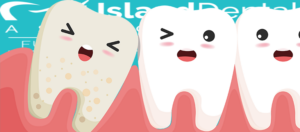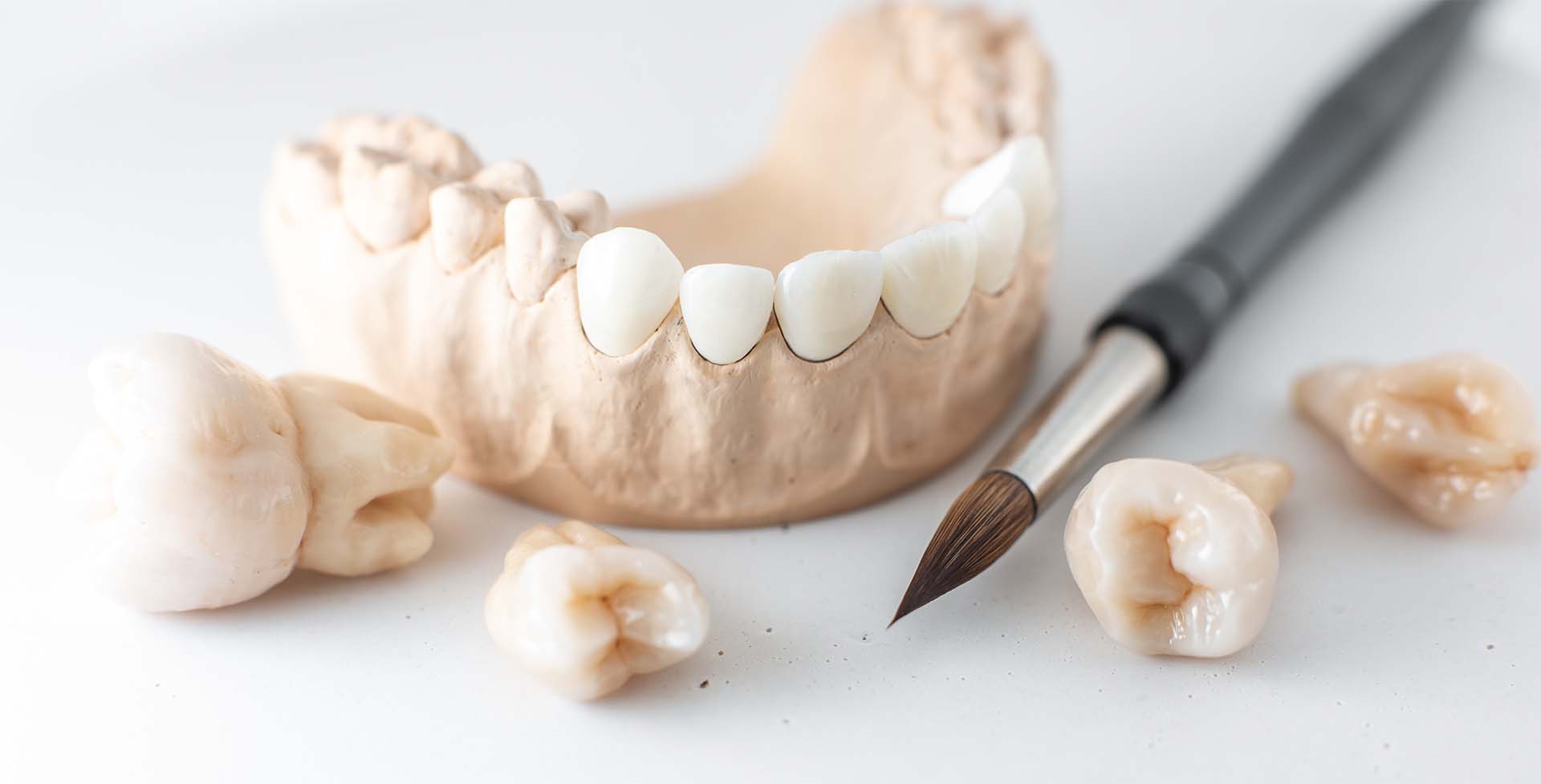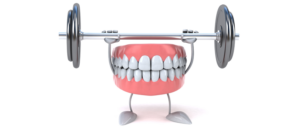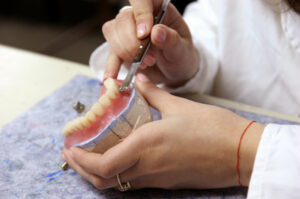
Everything You Need to Know About Wisdom Teeth Removal
Everything You Need to Know About Wisdom Teeth Removal Wisdom teeth removal is a standard dental procedure many people undergo, typically in their late teens
Thousands of 5-star reviews speak for themselves.
Thousands of 5-star reviews speak for themselves.
Thousands of 5-star reviews speak for themselves.
We Customize And Hand Craft Each Denture To Your Satisfaction, 30+ Years of Experience, 100% Satisfaction Guaranteed
Dentures, Partials, Denture Repairs All Done the Same Day!
Thousands of 5-star reviews speak for themselves.
We Customize And Hand Craft Each Denture To Your Satisfaction, 30+ Years of Experience, 100% Satisfaction Guaranteed
Implants, Dentures, Partials, Denture Repairs All Done the Same Day!
Thousands of 5-star reviews speak for themselves.
Offering 0% Financing & In-Network With Over 50+ Insurance Carriers
We Believes Everyone Deserves Quality, Affordable Oral Healthcare
We Provide Convenient Financing
Get Approved In Just 3 Steps And Start Treatment The Same Day
Thousands of 5-star reviews speak for themselves.
0% dental financing
Dental insurance
Island Dental advantage plans
Offering 0% Financing & In-Network With Over 50+ Insurance Carriers
All Under One Roof · Save Time And Money
We Make Them In Our Lab · Cut Out The Middle Man
Wider Selection Than Others · For Any Budget
Thousands of 5-star reviews speak for themselves.
Specials this month
Events with special offers
Cost of dentures
How we make top quality affordable dentures

Thousands of 5-star reviews speak for themselves

Everything You Need to Know About Wisdom Teeth Removal Wisdom teeth removal is a standard dental procedure many people undergo, typically in their late teens

Common Dental Emergencies in the Summer and How to Handle Them Summer is a season full of fun activities, vacations, and outdoor adventures. However, with

In the realm of dental restoration, all-on-4 dental implants stand out as a revolutionary solution, offering patients a unique and superior alternative to traditional dentures. This article delves into the distinct benefits of all-on-4 dental implants, such as their unmatched durability and strength and the simple care they require. We’ll also explore the intricate process involved in crafting the prosthetic. Let’s discover why All-on-4 implants transform smiles and restore confidence like no other solution can.

Do Not Repair Your Dentures At Home Dentures can be rather expensive. It is understandable that when patients have a problem with their dentures, for

Lorem ipsum dolor sit amet, consectetur adipiscing elit. Ut elit tellus, luctus nec ullamcorper mattis, pulvinar dapibus leo.
Contact Us